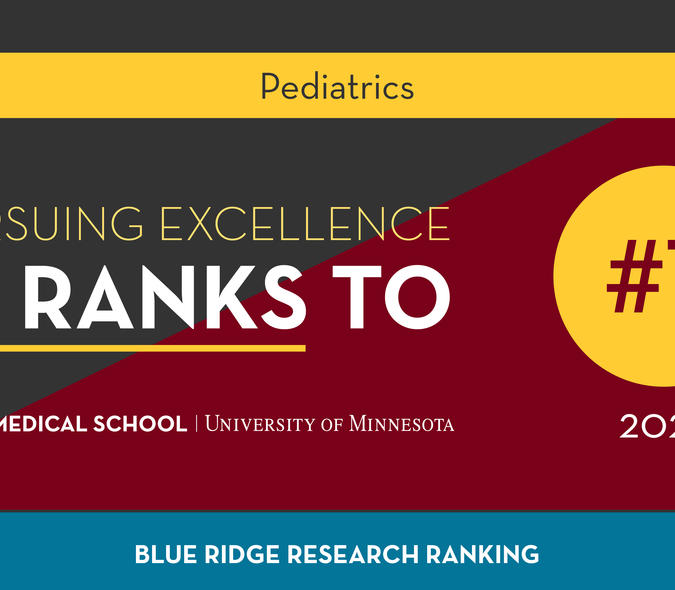New Healthcare Disparities Grant Draws Attention to Retention Issues Among Underrepresented Groups of Medical Trainees
Taj Mustapha, MD, Assistant Professor in the Departments of Pediatrics at the University of Minnesota, is undertaking a study looking into how unfairness and bias are displayed during medical training. With this research and the help of the Medical School’s Rapid Response Grant to Reduce Radical/Ethnic Disparities in Healthcare, she hopes to build a tool to show how this unfairness and bias impacts learners of underrepresented backgrounds. Though psychologists have been looking at workplace fairness for quite some time, it's never been studied thoroughly in academic medicine. Dr. Mustapha noticed that certain demographic groups were underrepresented in fields of science and medicine and that there had to be a reason that those individuals were being driven away from those areas of practice.
Studying this area of medicine, especially the training stages may be complicated which is why the development of this tool is needed. Trainees tend to experience frequent changes in leadership and frequent changes in the nurses and peers they are working with for each shift. The fluidity and dynamic shifts of this program design make it difficult for psychologists to study this workplace environment and capture ideas and perceptions of organizational structure and justice in this field. With this new and upcoming research, target issues can be further analyzed and mitigated to help those who are likely to lose interest in those specific areas of academic medicine, creating more equal opportunities for those who are underrepresented. To read more about Dr. Mustapha’s research, follow this link.

